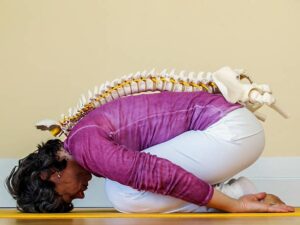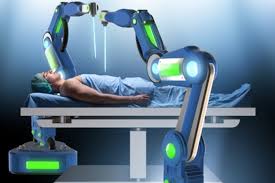Depending on the surgery, early return to movement and exercise is essential. However, this is often difficult without guidance.
Exercise physiologists are university-trained health professionals who can guide you through your recovery after surgery. They will consider your specialist’s post-surgery guidelines and tailor exercise programs for you at home. For more information about the post-surgical exercise physiology Woodville, click here.
Pre-habilitation
 Most patients undergoing major surgical procedures experience significant reductions in their functional capacity after surgery. These reductions are associated with a lengthy recovery period that may threaten longer-term independence. Pre-hab programs help to reduce these losses by encouraging early return to physical activity. They also promote behavioural changes such as dietary supplementation, smoking cessation, and physical and mental health promotion.
Most patients undergoing major surgical procedures experience significant reductions in their functional capacity after surgery. These reductions are associated with a lengthy recovery period that may threaten longer-term independence. Pre-hab programs help to reduce these losses by encouraging early return to physical activity. They also promote behavioural changes such as dietary supplementation, smoking cessation, and physical and mental health promotion.
Studies show that patients who participate in a pre-hab program before a planned operation experience reduced post-operative pain levels and improved functioning. Several studies have also shown that participants experience less anxiety about their procedure. In addition, some patients may find that the exercise-based training program helps them to feel more prepared for their upcoming operation. However, some barriers to participation in pre-hab programs have been identified. These include lack of knowledge, fear, and time constraints. Healthcare professionals can help overcome these barriers by educating patients about the benefits of pre-habilitation and its effectiveness in improving post-operative outcomes.
Post-operative rehabilitation
Post-surgical rehabilitation is a process that helps you regain your full physical function after surgery. It includes exercises and treatments that help your body recover from surgery. These treatments are designed to reduce pain and improve mobility. They also include strengthening exercises that build strength around the surgical area. This is a crucial step, as increased joint movement without a related increase in power can lead to injury. For more information about the post-surgical exercise physiology Woodville, click here.
Exercise is also a great way to prevent stiff muscles and joints, which can make it difficult for you to move. In addition, these exercises can help you get back to your everyday activities more quickly.
Depending on your condition, your doctor may recommend specific home exercise programs to follow. These exercises will help you regain your strength, flexibility, and functional ability. Generally, you should start with low-impact exercises and gradually increase the intensity of your workouts as your body heals. You can also consult with an Exercise Physiologist for guidance and support.
Cardiac rehabilitation
Surgery to correct a heart problem can be very distressing, but cardiac rehabilitation is essential for long-term recovery and prevention of further heart problems. Doctors often recommend it for patients who have had a heart attack or have heart failure, an abnormal heart rhythm (arrhythmia) or have undergone angioplasty or stent procedures.
The first phase of cardiac rehab is usually an outpatient, medically supervised, monitored exercise program. In this phase, a qualified exercise physiologist will perform an exercise stress test and develop your initial exercise prescription.
During this phase, you will attend cardiac rehabilitation sessions two to three times per week for six to eight weeks. A medical team will monitor you to see how your body responds to exercise and how you manage any medications. Once you have completed this program, an exercise physiologist can help you establish an ongoing exercise routine at home. This will prevent further heart problems and promote a healthy lifestyle that will last a lifetime. For more information about the post-surgical exercise physiology Woodville, click here.
Abdominal rehabilitation
Various types of abdominal surgeries require post-operative rehabilitation. This includes laparoscopic surgery, which requires understanding how to manage increases in intra-abdominal pressures to protect the surgical sites.
Exercise Physiologists can help you return to movement with a safe and progressive program for these procedures. This is done without requiring you to go through a hospital-based program first. Our team can communicate with your specialist to ensure that our rehabilitation program meets the guidelines in the surgery instructions.
Depending on the surgery, we will help you begin with gentle movements, such as walking and then gradually increase this over time. We aim to get you back into the activities you love safely and on time.
We also teach you how to manage pain, assisting you to develop self-management strategies and one-on-one strength-based gym programs that are progressed and reassessed regularly to keep you moving forward. We can also help you with musculoskeletal injury rehabilitation, weight management and metabolic concerns, including diabetes.

